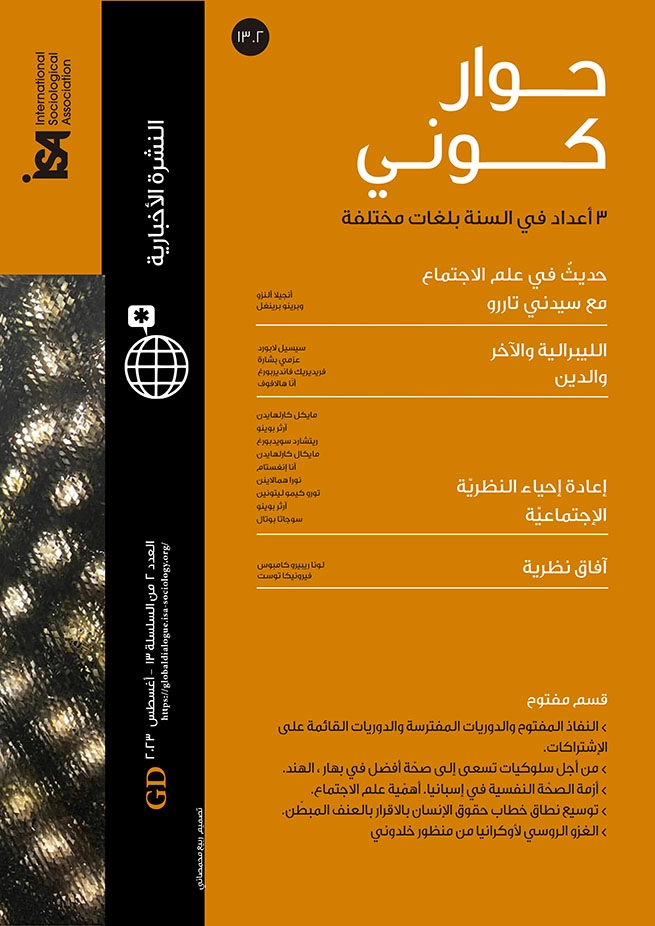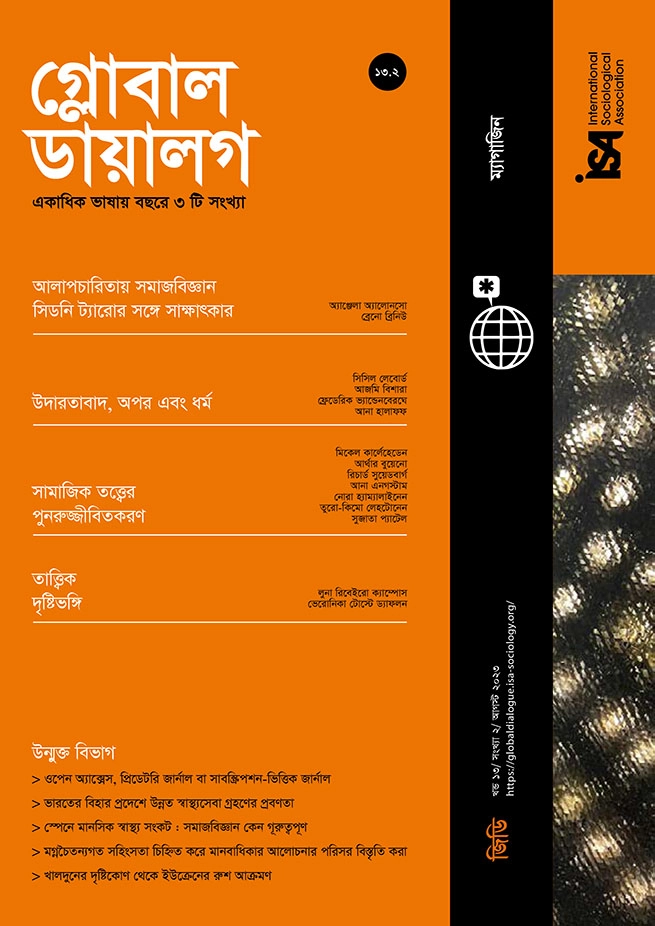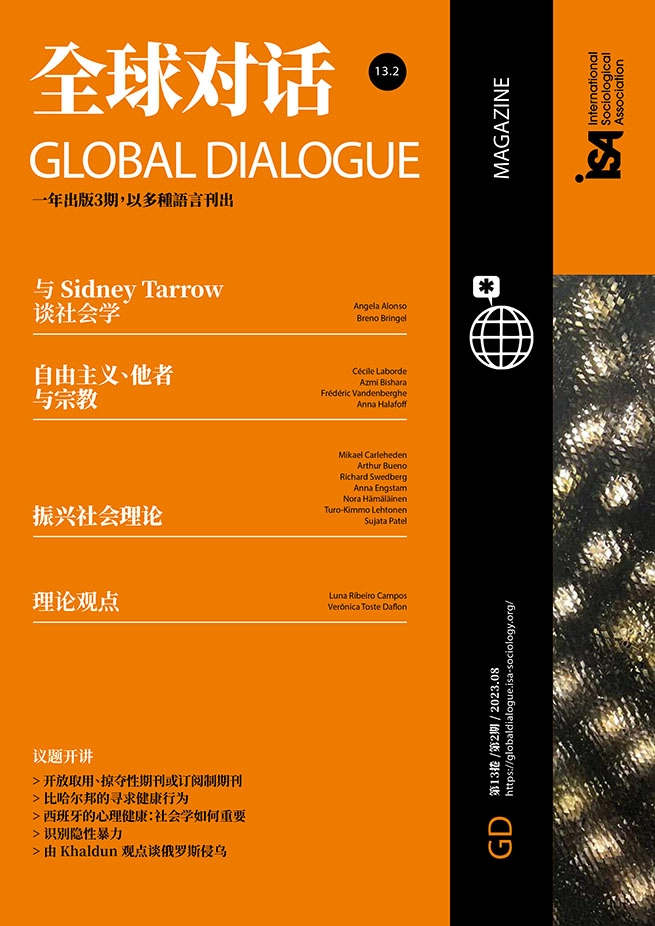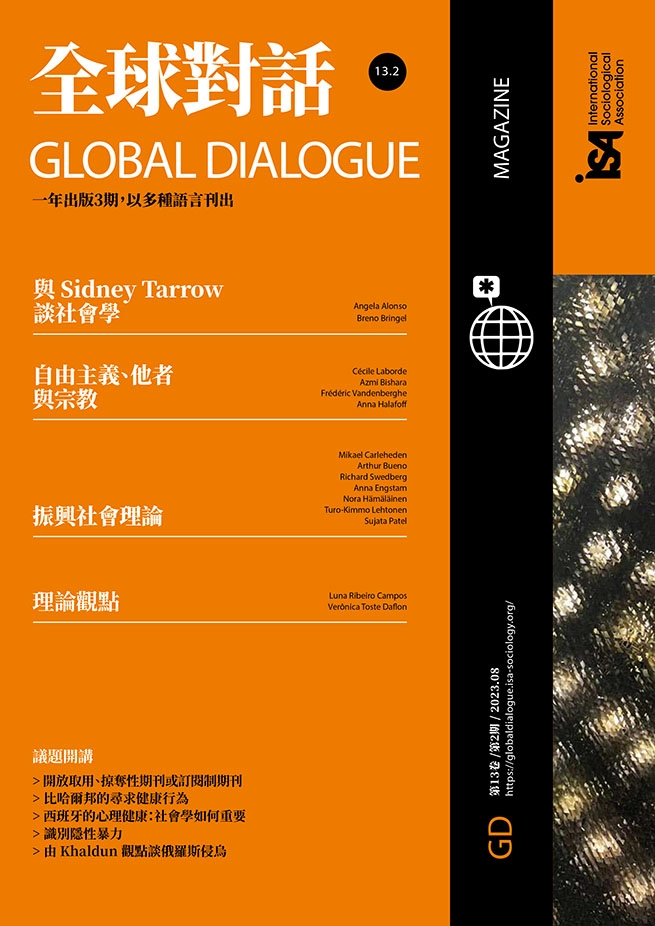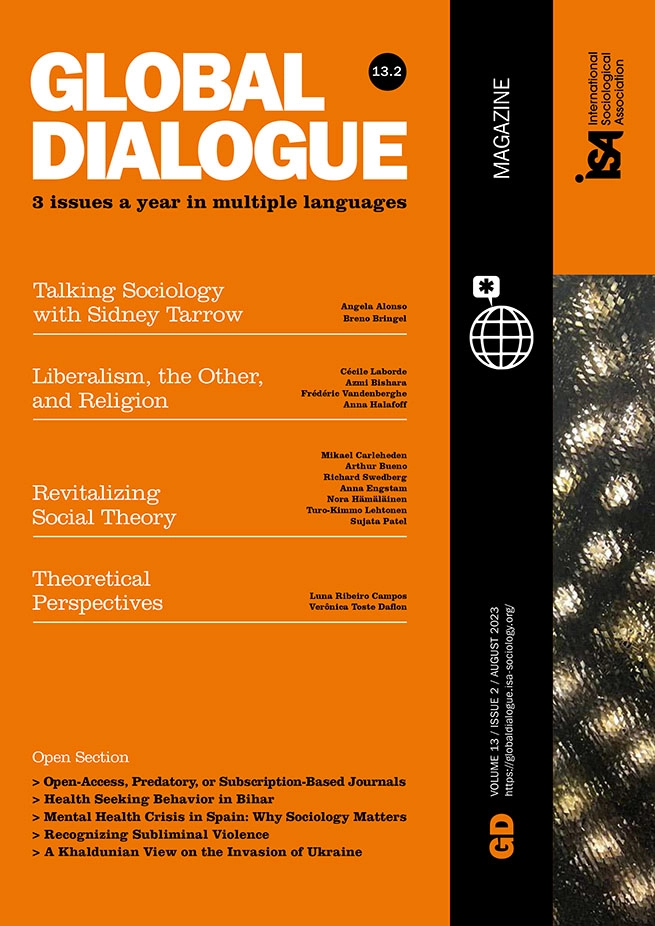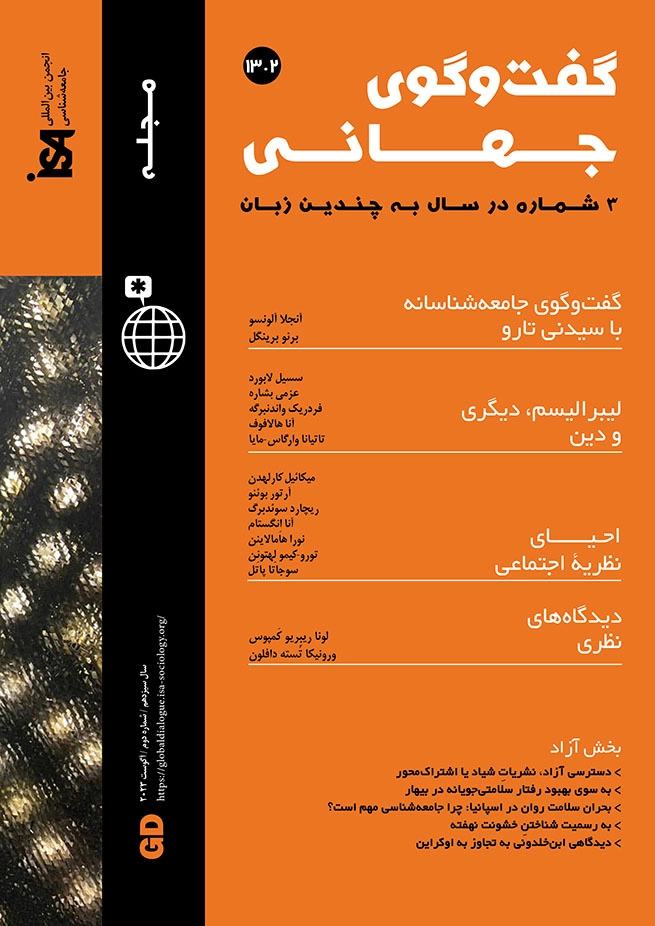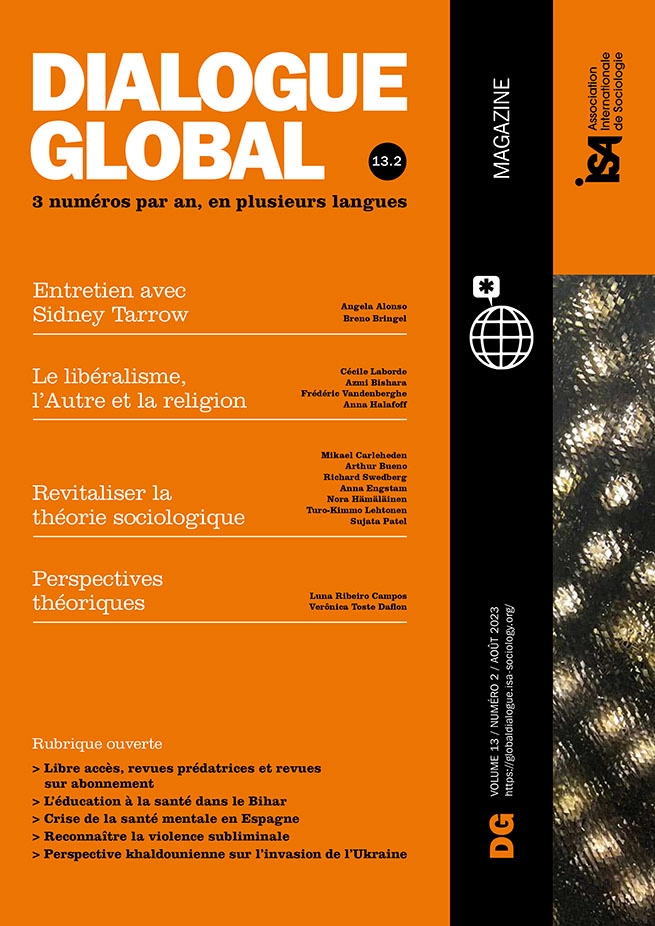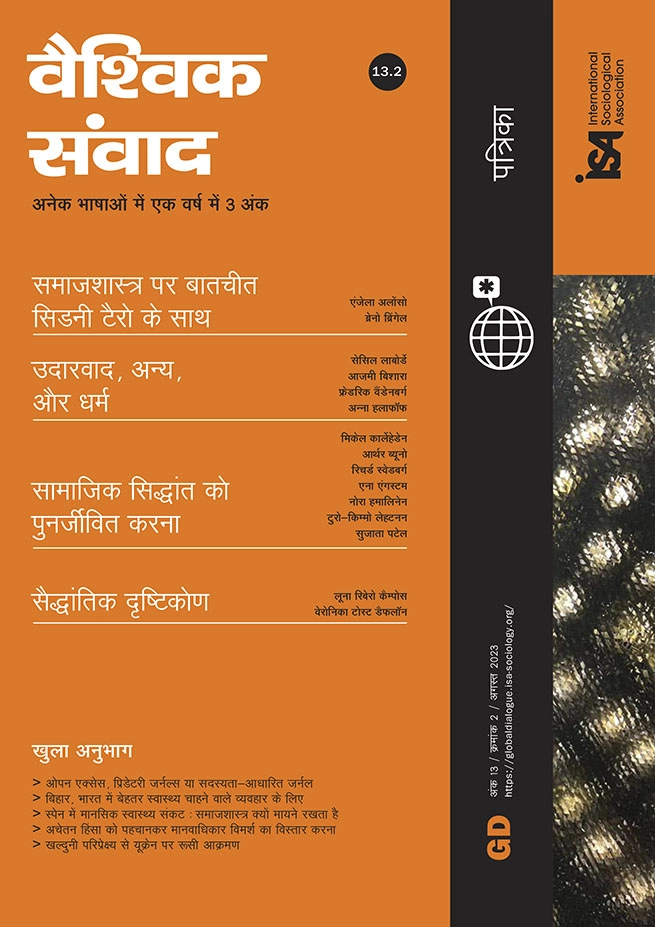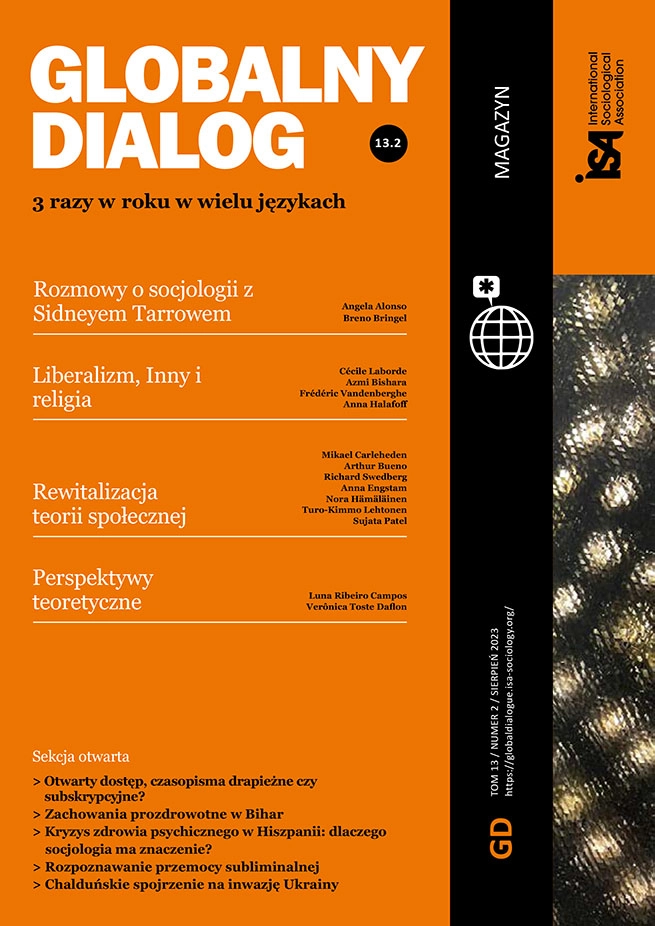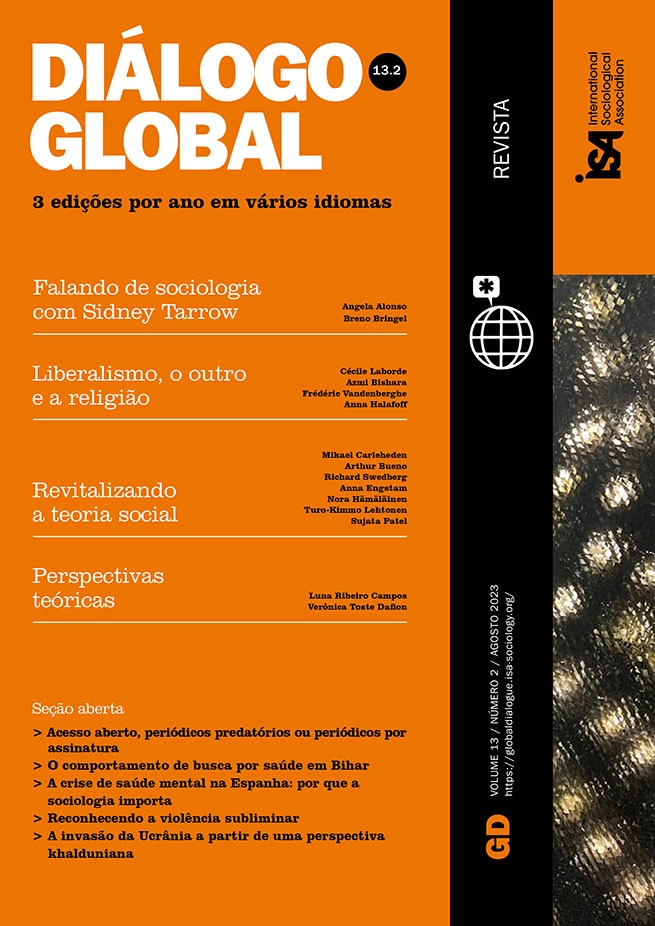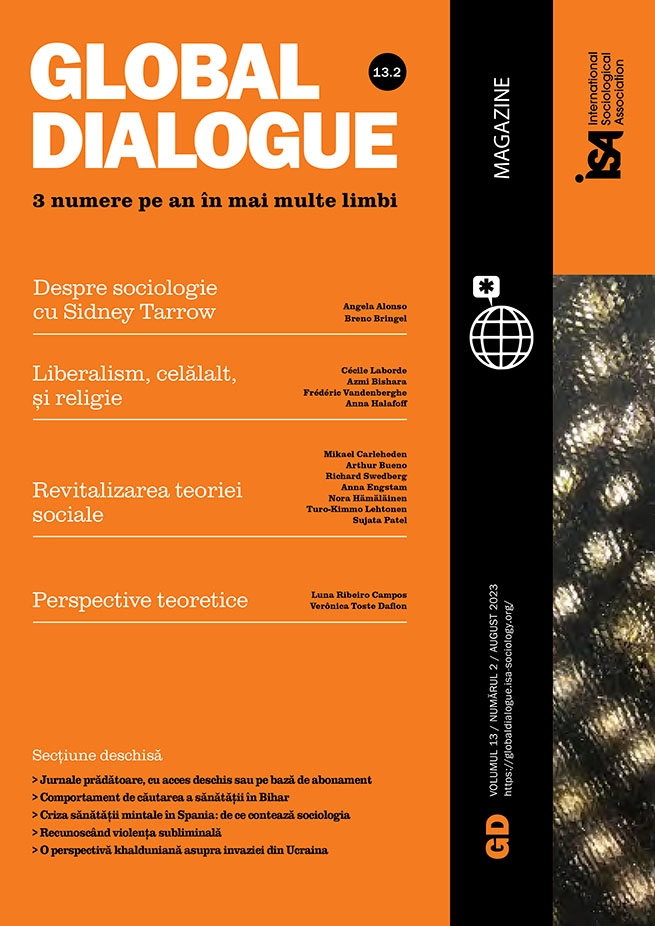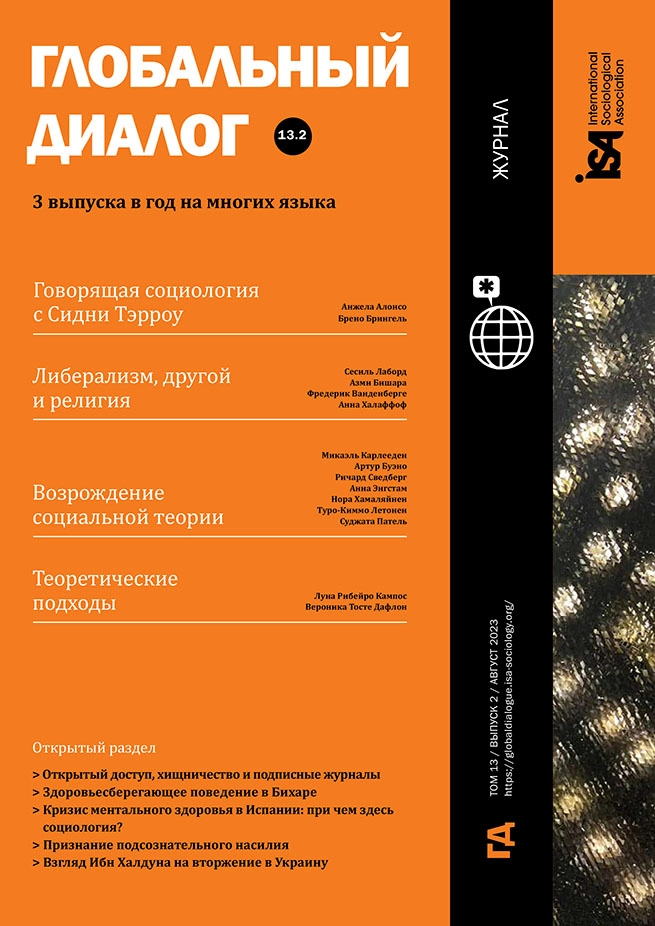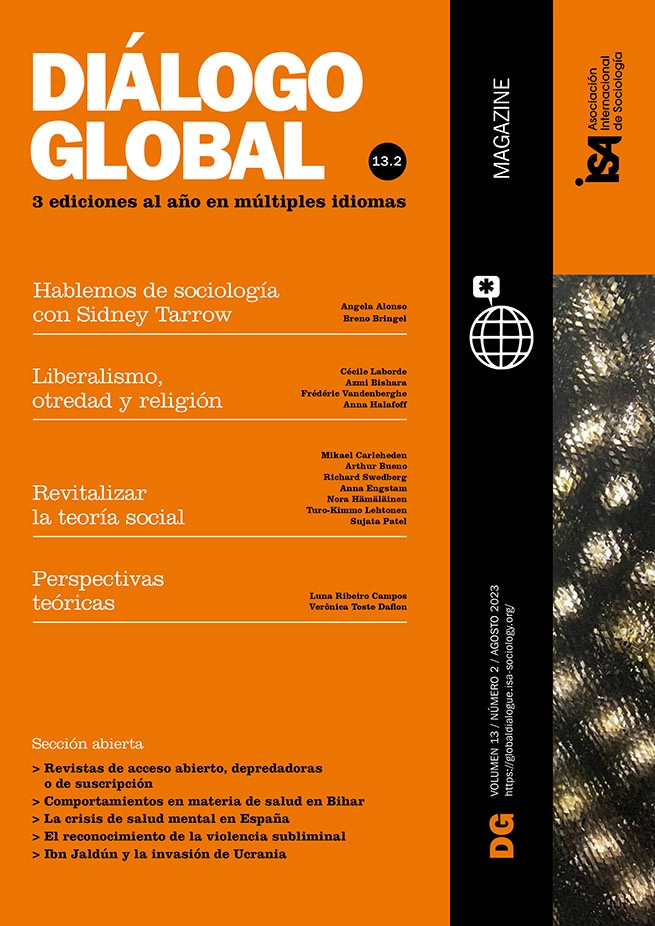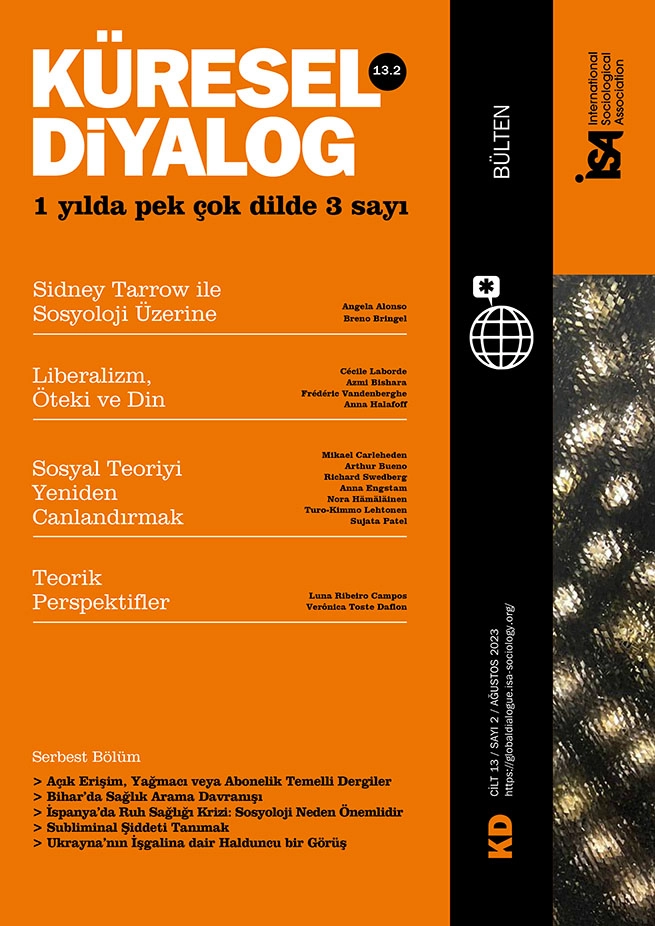“Before theory comes theorizing”. It may seem self-evident to distinguish between theory and theorizing, that is, between a theoretical product and the process that has led up to it. In fact, however, this distinction opens up a whole new field of inquiry. What are we doing when we theorize, and how should we do it? Are special skills involved? Is there an art, a craft, or a method of theorizing? And if so, how could it be conceptualized, developed, and taught? When we start asking such questions, it may strike us how little attention has been given to them in the history of sociology.
The explicit motivation for raising such questions was initially the need to shift our concern from theory to theorizing in order to produce “better and bolder theory”. However, there is also a somewhat different reason, namely the declining status of social theory in contemporary sociology. Is “social theory as a vocation” still possible? As it seems, not only is the “long summer of theory” over, but there is an ongoing “erosion in the willingness” to develop social theories in international sociology.
Rather than simply bemoaning this state of affairs, it is worth reflecting on how it came about. The current situation is all the more remarkable when one considers the central role that major social theorists played in the discipline throughout the twentieth century. However, already in the last quarter of that century tendencies emerged which have only intensified since then, such as the fragmentation of sociology into subdisciplines and the growing focus on empirical research, with a prominent role played by quantitative studies. To be sure, this period was also marked by the emergence of a new generation of social theorists. Yet many members of that generation have expressed considerable reservations about the relevance of grand theorizing – the exemplary case in this regard being Bruno Latour, a theorist against theory.
There were certainly good reasons for such a shift. The end of the long summer of theory was accompanied by a pluralization of debates within the discipline, including greater attention being paid to the particularities of each field and to the contribution of lay actors in the construction of sociological knowledge. Moreover, the consideration of the different contexts of knowledge production resulted in salutary questioning of disciplinary canons and the valorization of peripheral perspectives (Bueno et al. 2022).
And yet, these tendencies did not only take the form of intellectual debates, they also brought about changes in the institutional structure of the discipline itself. With the decline of grand theory, the positions available for specialized research on theoretical questions have steadily diminished. The conditions for the practice of social theory as a profession – that is to say, as part of ‘normal science’ – have been gradually eroded. Paradoxically, the critique of grand theory might reinforce the very tendencies that were deemed problematic. Theory may become the exclusive activity of great authors, endowed with exceptional institutional conditions. The risk, moreover, is of creating an ever-widening gap between empirical research and social theory. In such circumstances, opening up a debate on ways of theorizing can be understood as the beginning of a Positivismusstreit 2.0 (positivist dispute 2.0).
For these and other reasons, we think it is crucial to discuss the current state of social theory. The aim is definitely not to return to some glorious past (which wasn’t actually glorious in many respects), but to gain more clarity about the different ways and methods of theorizing and their social and political implications. What role should social theory play in sociology? Are ways of theorizing linked to different traditions within sociology and different knowledge interests? Are certain – more or less tacit – conceptions of theorizing dying and are others rising from the ashes of previous dominating notions?
As the reader will see, the contributions to this special section do not offer unified answers to such questions. Endowed with a pluralistic spirit, they explore the current possibilities of revitalizing social theory without proposing a mere return to previous modes of theorizing, but also without neglecting the challenges of the present.
Mikael Carleheden, University of Copenhagen, Denmark <mc@soc.ku.dk>
Arthur Bueno, University of Passau and Goethe University Frankfurt, Germany <arthur.bueno@uni-passau.de> / Twitter: @art_bueno






